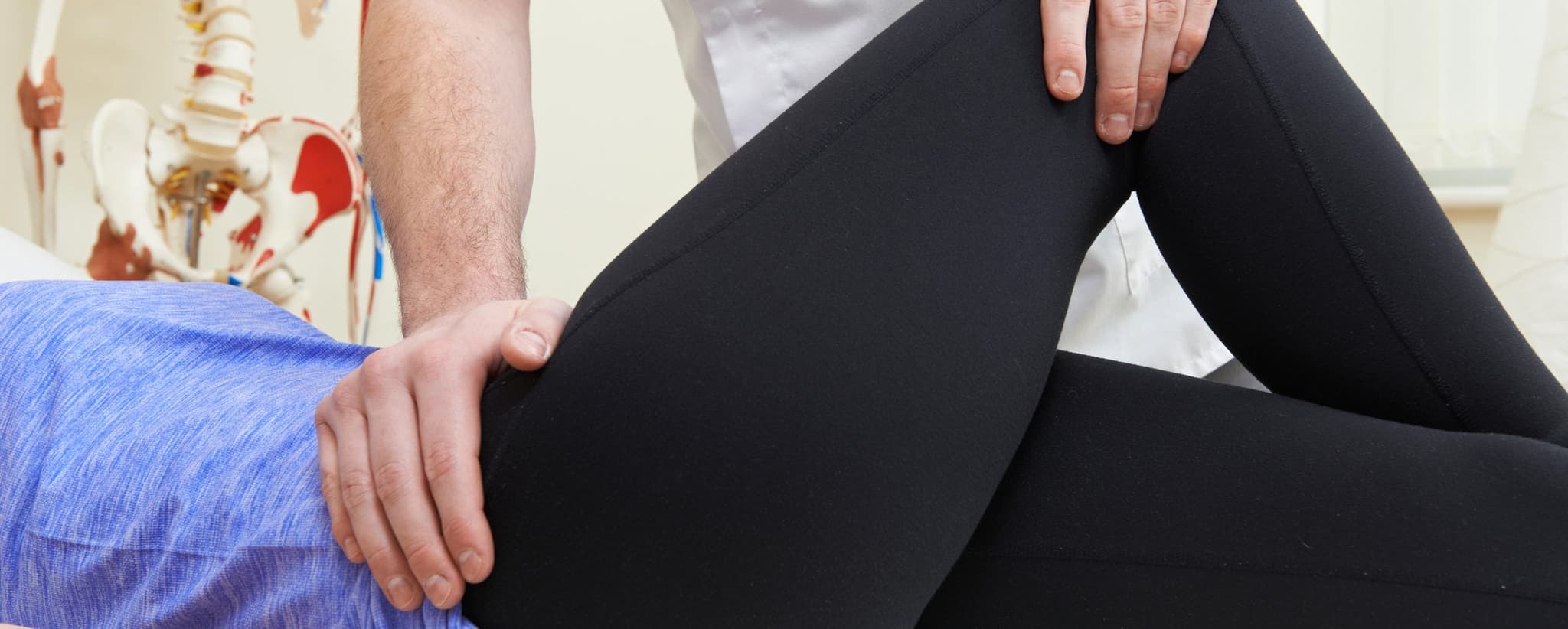
2025-06-10T13:54:10
Understanding Skin Grafts
- Dermatology
- Family Medicine
- Internal Medicine
- Orthopedics
May 5, 2016 | Orthopedics • Sports Fitness and Physical Therapy
Specialties:Orthopedics • Sports Fitness and Physical Therapy

If your doctor has suggested a hip replacement but you want to put it off a little longer, you are not alone. Many people who need this procedure want to find relief from the pain but are reluctant to undergo surgery. Feeling reluctant is normal, but choosing to put off such a surgery can lead to further issues and delay healing.
You may be surprised to learn that there are some significant disadvantages to putting off a hip replacement and some advantages to having hip replacement surgery done early.
Osteoarthritis, otherwise known as degenerative joint disease or “wear and tear” arthritis, is the most common reason for hip replacement, according to the National Institute of Arthritis and Musculoskeletal and Skin Diseases (NIAMS).
Arthritis, fracture or other conditions may damage your hip joint to the point where engaging in common activities, such as walking or getting out of a chair, becomes painful and difficult. Your hip may become stiff, making it hard to put on shoes and socks. Hip discomfort can even prevent you from getting a good night’s sleep. In many cases, hip damage and dysfunction will worsen without treatment.
Inactivity can lead to loss of muscle strength and increased stiffness of the hip joint. Without a hip replacement, weak hip muscles and joint stiffness could lead to a noticeable limp.
Significant muscle loss associated with delayed hip replacement may result in a longer recovery time. Strong muscles help stabilize your thighbone within the newly replaced hip joint socket; strong muscles also help you power through physical therapy sessions to speed healing.
Putting off a hip replacement will lead to a sedentary lifestyle that leads to weight gain and obesity-related illnesses. Excess weight puts extra pressure on an already distressed hip joint to increase pain and disability. Long periods of inactivity can also reduce muscle tone and mass, which can make moving around on a damaged hip even more difficult and painful.
Feeling good is the best reason to stop delaying hip replacement. A recent survey of 180 patients two to three years after hip replacement found that 89 percent were satisfied with the results of their surgery. Such high patient satisfaction rates suggest that most patients are glad they had the surgery rather than struggling with the pain, stiffness and disability of a hip problem.
Hip replacement surgery may allow your activity level to return to how it was before you developed arthritis or sustained an injury. Having the procedure done early allows you to resume your normal life of working, playing and taking care of your family.
Deciding the best time to undergo surgery depends on the cause of your hip problem, the health of the hip joint and your immediate concerns.
For more information on hip replacements and the disadvantages of delaying the procedure, contact the team at Revere Health. We have offices in Provo and Lehi, Utah. Call (801) 373-7350.
WRITTEN BY:
The Live Better Team

2025-06-10T13:54:10

2024-06-21T14:29:51

2024-02-06T11:40:13

2023-03-30T11:23:12
This information is not intended to replace the advice of a medical professional. You should always consult your doctor before making decisions about your health.